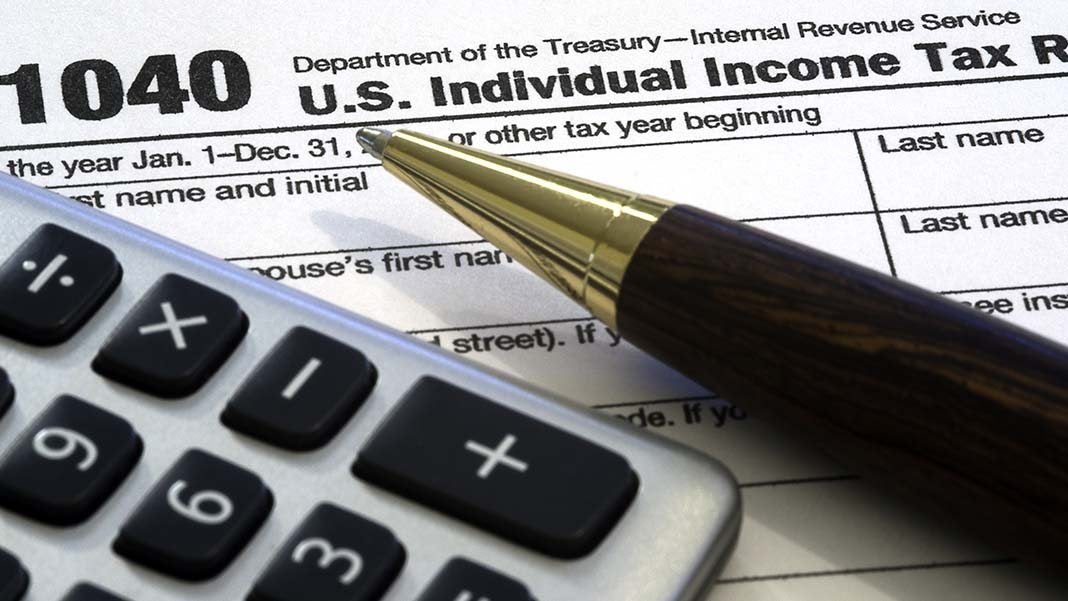Should I Use Form 1040, Form 1040A, or Form 1040EZ?
By: 1800Accountant

When you file a personal income tax return with the IRS by April 15, you have a choice of 3 basic tax forms to select from that are essentially designed to report similar tax and financial information. These personal income tax returns include:
- Form 1040
- Form 1040A
- Form 1040EZ
While they have similar intentions, each of these IRS tax forms is a bit different, so it’s important to choose the correct form to file.
Here is an overview of the most common federal income tax returns for individuals and married couples.
Form 1040: U.S. Individual Income Tax Return
Form 1040 is considered the basic federal income tax return for all filers. It is used to report all of the gross income of either an individual taxpayer or a married couple that files a joint return from the previous calendar year. This tax form has garnered the nickname of “the long form” because it is more in-depth and requires the input of more information than its fellow variations – Form 1040A and Form 1040EZ.
A nice benefit to using Form 1040 is that you can either take the standard deduction or itemize your tax deductions to help reduce your overall tax liability each year. When using the other two forms, you must claim the standard deduction.
Unless an extension of time to file is obtained, Form 1040 must be submitted by the traditional deadline of April 15 each year. However, if Tax Day falls on a weekend or holiday, the return is due by the next business day.
Form 1040A: U.S. Individual Income Tax Return
Form 1040A is a shorter version of the more common Form 1040. However, this federal personal income tax return is limited to taxpayers who earn $100,000 or less in annual income each year. A taxpayer must claim the standard deduction to file this return rather than itemizing deductions. The only adjustments to income you can claim are:
- The IRA deduction
- The student loan interest deduction
- Deductions on educator expenses
- Tuition and fees
In addition, the only tax credits you can claim when filing Form 1040A include:
- The Child and Dependent Care Credit
- The Credit for the Elderly or the Disabled
- Education credits
- The Retirement Savings Contributions Credit (also called the Saver’s Credit)
- The Child Tax Credit
- The Earned Income Tax Credit and/or the Premium Tax Credit for health insurance obtained through the exchanges
Form 1040A is due by either April 15 or the next non-holiday business day.
Form 1040EZ: U.S. Income Tax Return for Single and Joint Filers with No Dependents
Form 1040EZ is a simplified version of Form 1040. It includes only 6 sections to fill out. This tax return can only be filed by those who earn $100,000 or less in income each year from a W-2 job or unemployment compensation. Taxpayers must also claim the standard deduction, cannot claim any dependents on the return, and their taxable interest cannot exceed $1,500. Additionally, the only credit you can claim is the Earned Income Tax Credit.
The due date of Form 1040EZ is also April 15 or the subsequent non-holiday business day.
To be certain that you are filing the proper income tax return each year with the IRS, let the accounting professionals at 1-800Accountant handle all of your tax-filing needs. To learn more, call 1-800-222-6868, or check out www.1800accountant.com.












